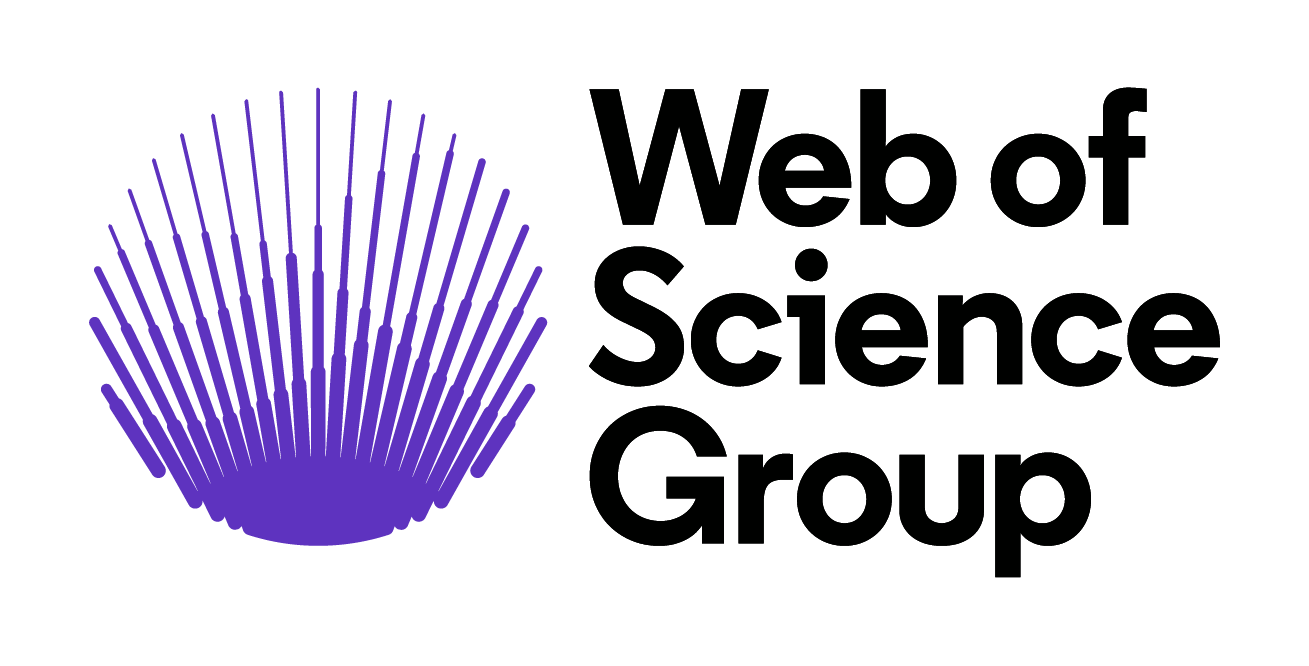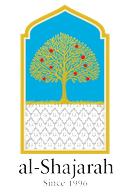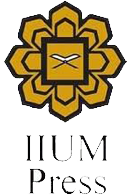NINETEENTH-CENTURY KITĀB JAWI SUFI WORKS IN PATTANI, THAILAND: MAINSTREAMING ETHICAL SUFISM OF AL-GHAZALI
DOI:
https://doi.org/10.31436/shajarah.v28i1.1594Keywords:
Daud al-Fatani, neo-Sufism, al-Ghazali, Kitab Jawi, Minhaj al-AbidinAbstract
The nineteenth century plays a decisive role in the history of Islam in the Malay Archipelago and Southeast Asia. It was the period that witnessed the consolidation of Malay-Islamic knowledge culture, which has impacted Malay religious life until present times. This article seeks to investigate the intellectual process that has led to the popularisation of Ghazalian ethical Sufism in the nineteenth-century Malay world. It presents Shaykh Daud ‘Abd Allah al-Fatani (1769-1847), the leading Malay ‘ālim of Pattani origin, as one of the greatest figures to be identified with this process. He adopted neo-Sufism, which had already been introduced to the Malay Archipelago in the seventeenth century, in his formulation of ethical Sufism, as articulated in his Minhāj al-‘Ābidīn, a Malay translation of al-Ghazali’s work with the same title. In this article, Minhāj al-Ābidīn is given special attention considering its status as a leading Malay Sufi work in the genre of kitab Jawi in nineteenth century. And, more importantly, it presents the teachings of ethical Sufism that helped contribute to the emergence of mainstream Sufi thought in the region.



 Al-Shajarah:
Al-Shajarah: 
